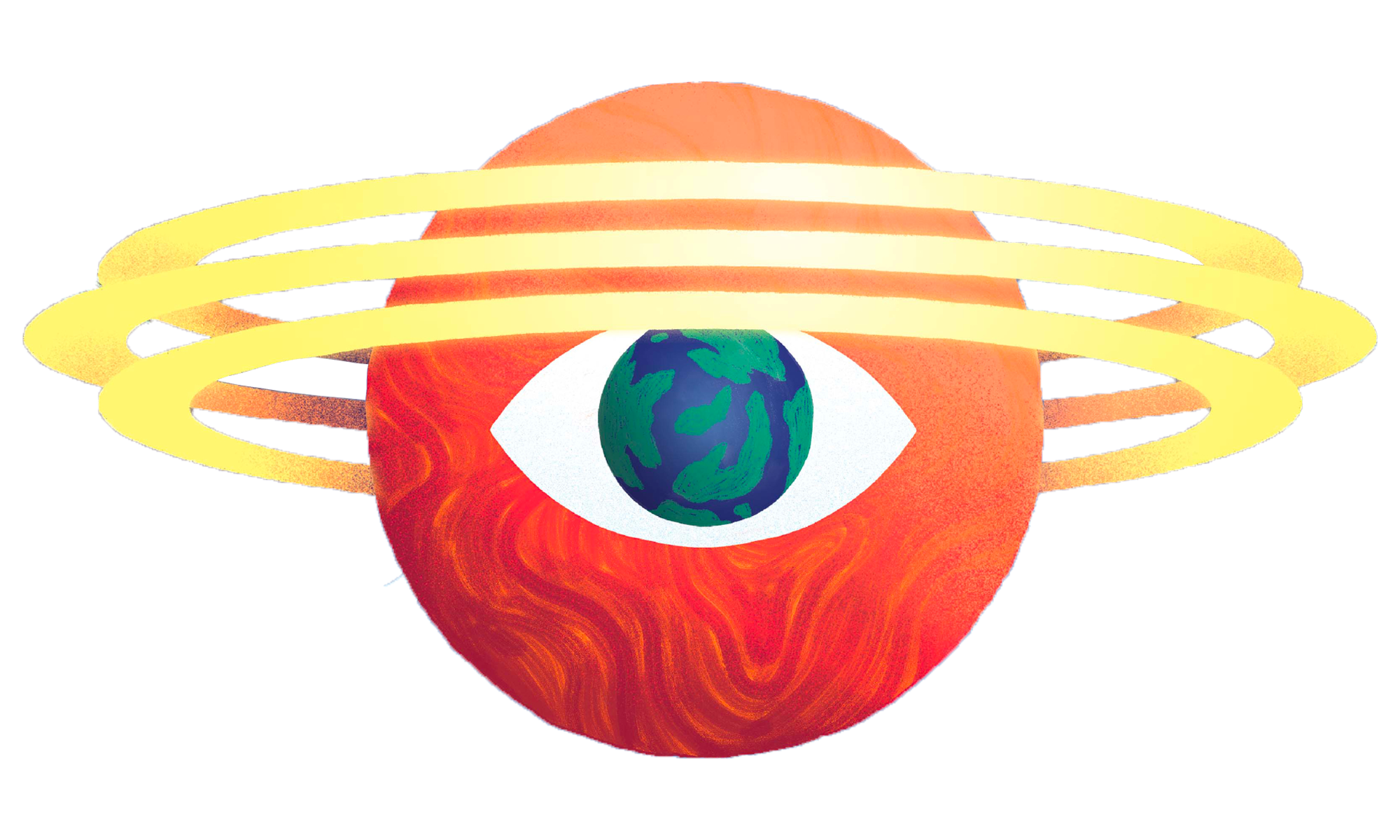Exploring Non-Anthropomorphic Potentialities of South Indian Classical Music
Friday, Feb 24, 2023
9:00 a.m. - 11:45 a.m.
In his 1916 essay “Music as an Expression of Religious Feeling”, George Andrews concludes that church music should be written by men of large intellectual and spiritual life, with sympathetic and responsive hearts. In 1904, South Indian Classical (Carnatic) musician and scholar Subbarama Dikshithar (1839-1906) published a compendium of Carnatic music which included notations to compositions, chiefly of Mudduswami Dikshithar (1776-1835), the author’s great uncle, who was one of the three principal composers of Carnatic music, the trinity who spearheaded the golden age of Carnatic music where the tripartite compositional form, kriti matured.
Historian Indira Peterson calls kriti – the distinctive compositional form and the focal point of the current concert repertoire in Carnatic music. These compositions are considered spontaneous expressions of poetic and spiritual rapture when the appropriate word, melody, and rhythm arrive. Of the trinity, Mudduswami Dikshithar’s kritis are exclusively in Sanskrit, least anthropomorphic, not emotional outpourings of devotion like most composers in the Carnatic tradition nor social commentaries. He brings together yogic, tantric, metaphysical, and spiritual references and extols the philosophy of the non-dual and the formless. He is famous for his compositional sets on the planets, the five elements, and almost all deities using the eight declensions in Sanskrit. His compositions are known for their slow tempo with medium-paced lines and their profound play of rhythm, meter, prosody, melody, and grammar; he auralizes his experience of spirituality. By not foregrounding the personal, he opens spaces for people to access spirituality through suggestions of geometry, geography, metaphysics, form, and the formless. The site of the composition is a minefield for cultural archive, lore, geometry, spiritual, and the abstract. It is a meeting point for the contemporary/future practitioner with the composer’s object of divination and spiritual rapture, which is accessible through rendition.
I wish to explore the power of rendition that allows for the suggestion of the word/sound/image that the compositions elicit, the darshana (to behold the deity’s auspicious sight); the tension between the word/song, speech/sound, vocal/instrumental, uttered/played word of the spiritual, to access the spiritual composition from dimensions not centering the human-composer.
Balakrishnan Raghavan

Balakrishnan Raghavan is an accomplished musician, researcher, and educator. He is a doctoral student in cross-cultural musicology at the University of California Santa Cruz. Bala’s work focuses on oral traditions of music across the Indian subcontinent, with an emphasis on the politics of spirituality, sacred songs, South Asian performing traditions, mystical traditions, caste, gender, and sexuality. He is a STEM-trained computer science engineer as an undergraduate, and an Arts/Humanities/Social Science trained doctoral student. Bala trained for over twenty years in traditional vocal music, including a two-year-long immersive discipleship with South Indian Classical musician Dr. R.Vedavalli and fifteenth-century mystic poet-saint Kabir’s philosophy and songs from Shri.Prahlad Tipaniya. With over ten years of interdisciplinary performance experience, he attempts to re-imagine the many ways of looking at traditional music from India, centering the marginalized experience at the intersection of song, immigration, race, sexuality, personal narrative, transnational experience, and performance.

